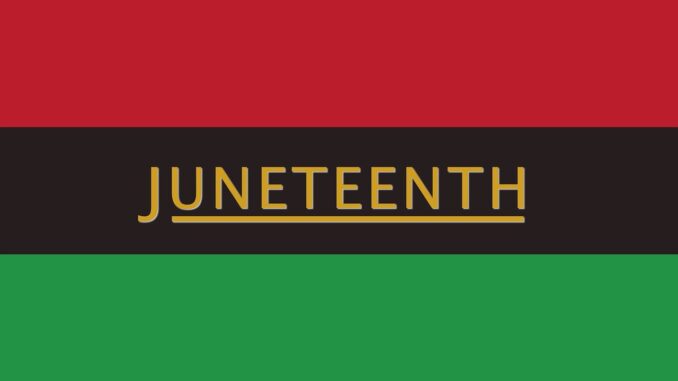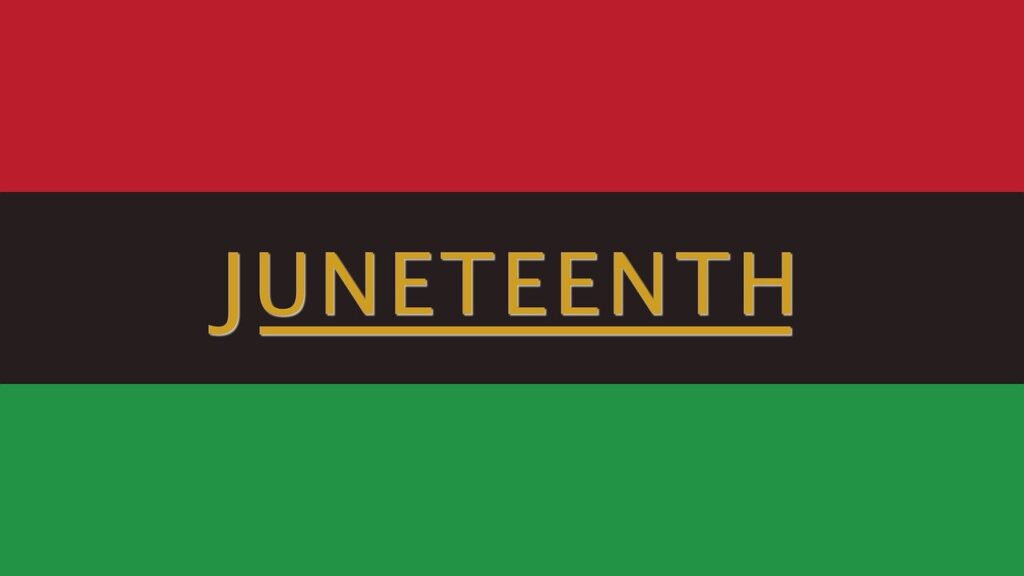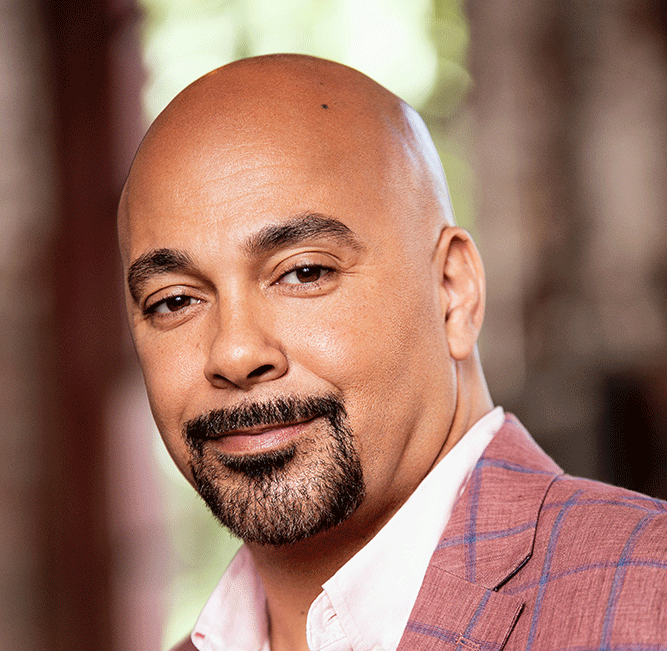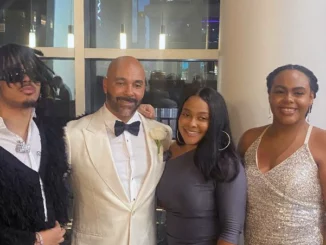
By Patrick C. Graham, Ph.D.
This past Saturday, many Americans celebrated Juneteenth after the U.S. Senate passed the resolution, Juneteenth National Independence Day. Americans need to understand the value of the holiday beyond its symbolism and African American struggles in their own lives. While the federal Juneteenth acknowledgment energizes racial equity advocates, and others claim to have racial justice fatigue, many on both sides misunderstand the true impact of Black persecution and liberation. We can forge a new reconstruction of society that allows African Americans full rights as citizens and open the doors of democracy for all at the same time.
African Americans have been gatecrashers for democracy throughout our history, expanding freedoms for others without fully realizing the benefits through a resilience grounded in skepticism and optimism at the same time. The Juneteenth resolution is part of a new reconstruction and moment of potential transformation that has ambivalent moments like Reconstruction after the Civil War. We just witnessed such a moment with the Senate filibuster of voting rights legislation by political extremists shortly after the Juneteenth resolution. For many Black people to realize their democratic efforts fully, the rest of America, moderate White people included, must understand the connections of Black liberation to their wellbeing.
Whenever issues of reparations, compensation, or acknowledgment of past wrongs against Black people surface in our public discourse, the problem of costs arises to defend against American guilt or adequately address Black suffering in our democracy. For example, during the Juneteenth holiday hearings, Wisconsin Senator Ron Johnson expressed these sentiments while agreeing not to object to the resolution as he did in July 2020. “Although I strongly support celebrating Emancipation, I objected to the cost and lack of debate,” said Johnson. “While it still seems strange that having taxpayers provide federal employees paid time off is now required to celebrate the end of slavery, it is clear that there is no appetite in Congress to further discuss the matter.” However, the costs of ending slavery are minimal compared to the benefits those former slaves and their descendants offer our democracy and other Americans.
No other racial group has been as deeply involved with challenging America to live up to its democratic principles and opening the doors of democracy for others than African Americans. I refer to this as “gatecrashing.” Historically, Black people have been gatecrashers for our democracy and create opportunities for other groups. For example, during the struggles to abolish slavery and Reconstruction, African American desires for education and freedom led to voter rights movements, women’s movements, and public schools, which created educational opportunities for poor Whites in the shadows of the 13th, 14th, and 15th Amendments. Black bodies and minds have replicated these forms of gatecrashing throughout American history.
The modern Civil Rights and Black Power Movements (what some call the Second Reconstruction) spawned the student movement, the gay liberation movement, and new feminists of the 1960s and 70s. Consider that White women are the primary beneficiaries of affirmative action and women and minority business programs, influenced by African American economic and social equality struggles. Even today’s Black Lives Matter and Me Too movements have grown out of Black suffering, discontent, and optimism for change. These historical and present Black desires for democracy are part of an African American resilience that influences our civic and political landscape for all people. In other words, an acknowledgment of Juneteenth and new equity and justice legislation pays for itself in the new liberties and economies it has and will inspire for all Americans.
Thus, the symbolism of Juneteenth and a renewed focus on inclusive laws is not about the costs of doing, but the costs and lost opportunities of not doing. America must continue to wrestle with and attempt to reconcile the deep catechism between African American realities, optimism, and belief in the future fulfillment of the American creed, a “Third Reconstruction.” This challenge is intricate and fluid. However, suppose we begin to address the complexity of African American thought concerning their skepticism and optimism through the lens of Juneteenth’s true meaning and what happens after the celebration. In that case, we may unlock more of the potential of the democracy experiment we identify as the United States for all people while ensuring Black people receive full opportunities.







